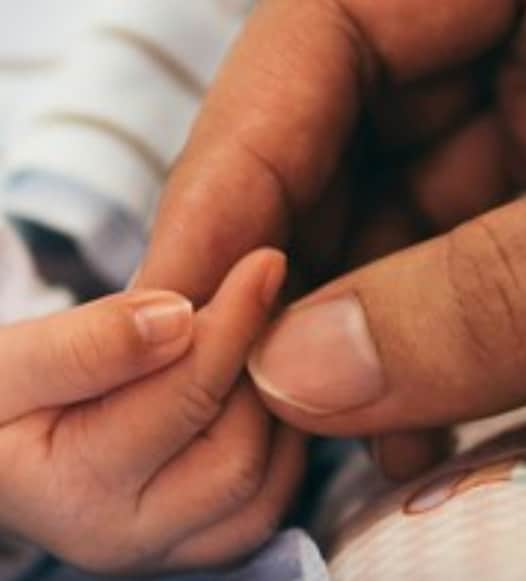
Rare Disease Ecosystem
The patient advocacy ecosystem for people with rare disease is rapidly expanding with disease-specific organizations, geographic-specific organizations and even international organizations like Rare Diseases International, the International Rare Diseases Research Consortium, the Undiagnosed Diseases Network International and the Global Commission to End the Diagnostic Odyssey.
This is occurring on the back of other international organizations, such as the World Health Organization and the United Nations, increasingly identifying rare diseases as a global health priority, and from a human rights perspective, a priority area for Universal Health Coverage.
Finding a community when you have a rare disease is crucial
People globally living with one of the 7000 or more identified rare diseases often do not readily know someone else with their disease and therefore can’t find information on their specific disease. While many doctors and care teams have not heard of specific rare diseases or their potential treatment in the clinical setting, word-of-mouth from patient to patient in the informal setting or via a patient advocacy group and beyond can offer life-changing options and peace of mind.
An early and accurate diagnosis is a portal to better connections, better care and greater certainty. However, it is also critical that no one is left behind, including those who are currently undiagnosed.
The World Economic Forum is proud to be supporting these organizations in their important work connecting people with rare disease to one another and delivering more answers on their diseases.
We must work together to advance routes to better-diagnosing and better-treating people battling rare diseases globally, but before we can do that, it’s important to know which organizations exist and where they are located. We acknowledge that there are so many people and organizations working passionately and tirelessly from the ground up at all levels, to improve the lives of people living with rare diseases, so it is challenging to distil this. We do hope however that this this diagram helps to achieve this aim.

International Rare Diseases Research Consortium (IRDiRC)

Lynsey Chediak, Project Lead, Precision Medicine, Shaping the Future of Health and Healthcare
Gareth Baynam, Founder of Project Y and Board Member, Undiagnosed Diseases Network International
Christina Waters, CEO and Founder, RARE Science
Durhane Wong-Rieger, Chair, Rare Disease International